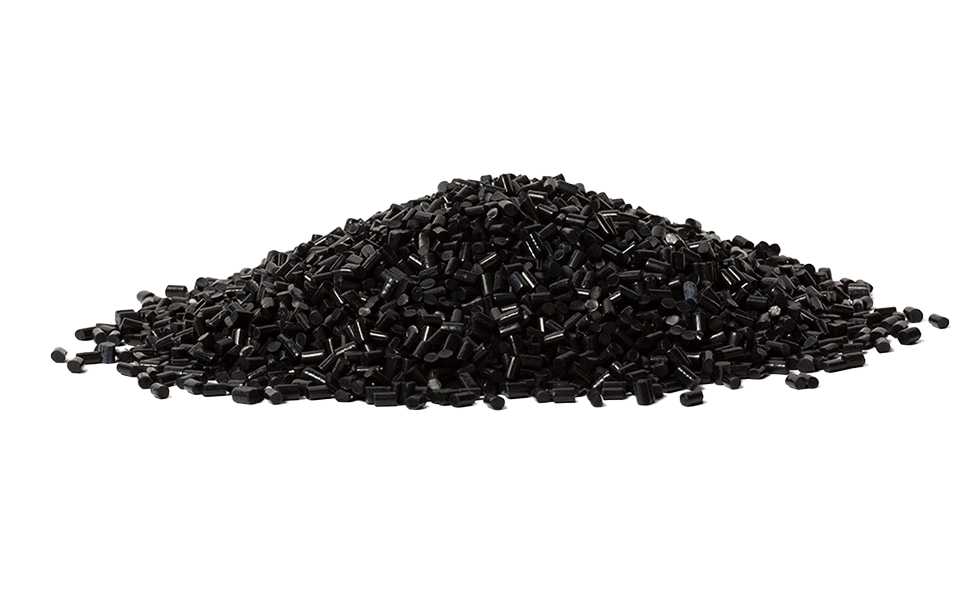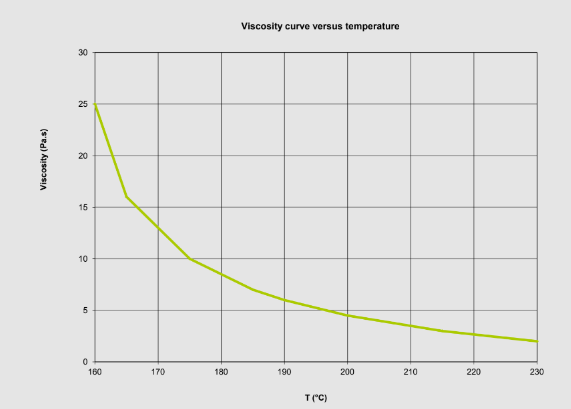Thermelt 865 | Low Pressure Molding (LPM)
Harmonization Code : 3908900090 | Polyamides in Primary form
Main features
- Excellent adhesion
- Good brittleness resistance at low temperature
- Flammability UL94:V0
Product Description
Thermelt 865 Black is a solvent-free, non-reactive copolymer polyamide hot melt resin developed specifically for low pressure molding (LPM) applications. With excellent adhesion properties and a robust thermal and mechanical profile, it is ideal for overmolding and encapsulation of sensitive electronic components, connectors, and cable assemblies.
This resin offers outstanding low-temperature flexibility, strong mechanical resilience, and UL94 V-0 flammability rating, making it well-suited for applications where protection against environmental factors, electrical insulation, and mechanical stress are essential.
Technical Specifications
| Thermal Properties | |
| Glass Transition Temperature (Tg) Glass Transition Temperature (Tg) The glass transition temperature for organic adhesives is a temperature region where the polymers change from glassy and brittle to soft and rubbery. Increasing the temperature further continues the softening process as the viscosity drops too. Temperatures between the glass transition temperature and below the decomposition point of the adhesive are the best region for bonding. The glass-transition temperature Tg of a material characterizes the range of temperatures over which this glass transition occurs. | - 50 °C |
| Physical Properties | |
| Viscosity Viscosity Viscosity is a measurement of a fluid’s resistance to flow. Viscosity is commonly measured in centiPoise (cP). One cP is defined as the viscosity of water and all other viscosities are derived from this base. MPa is another common unit with a 1:1 conversion to cP. A product like honey would have a much higher viscosity -around 10,000 cPs- compared to water. As a result, honey would flow much slower out of a tipped glass than water would. The viscosity of a material can be decreased with an increase in temperature in order to better suit an application | 2500 - 3500 mPa.s |
| Young's modulus | 32 MPa |




